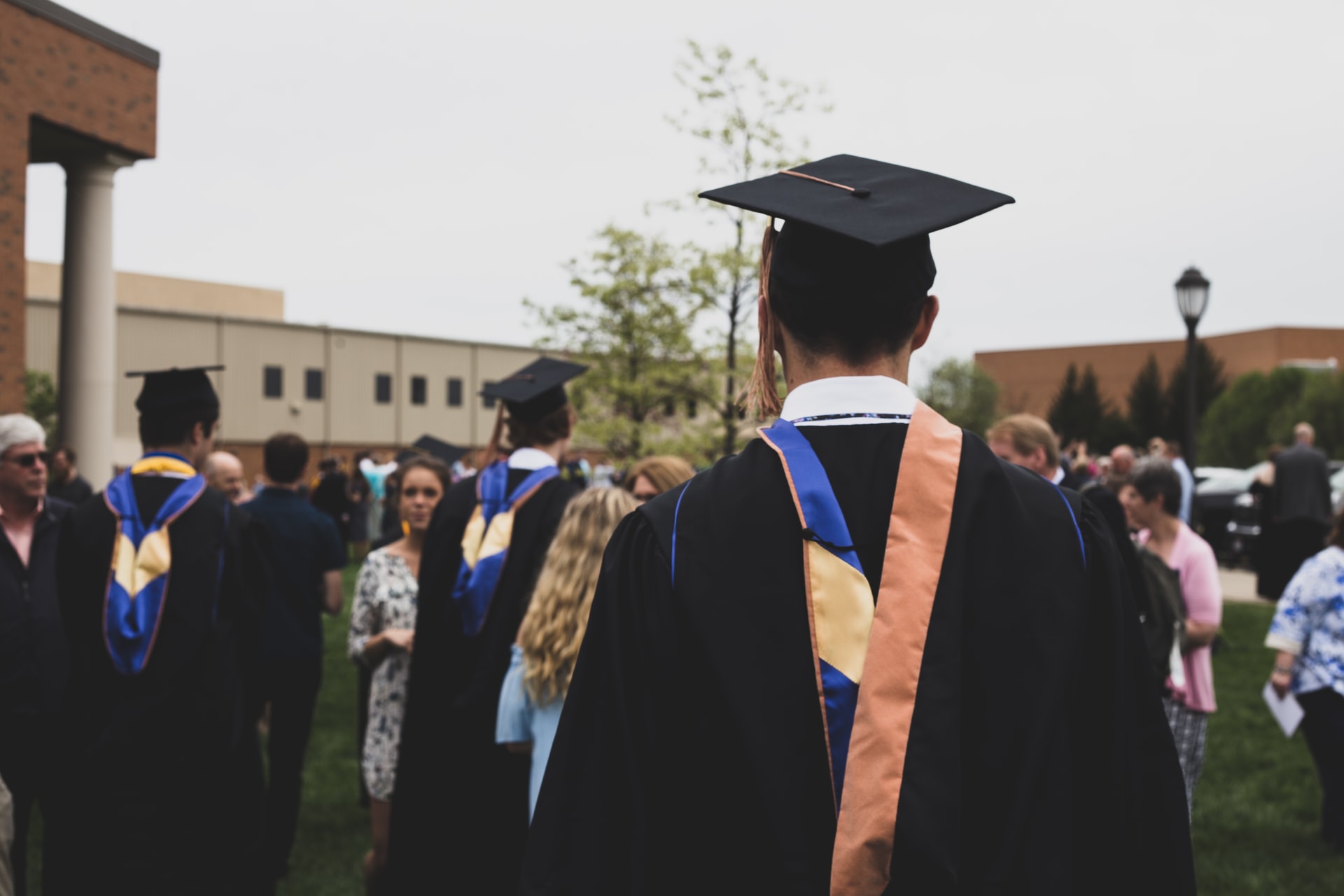Could Universities Be Driving Racism?

Studying a subject with laser-like focus improves thinking and comprehension, especially in higher education. Universities anticipate that by immersing yourself in a subject, you will gain a better understanding of your surroundings.
You may even have an impact on your own future.
This is especially true in minority studies and special-focus courses, which have been part of the higher education curriculum for several decades. These higher education courses have assisted students in understanding power politics and identifying instances of racism.
Colleges would like you to believe that they promote equality among racially diverse populations, but in reality, they fuel racism.
Studies that are segmented
Universities permit courses of study that are not grounded in historical context. For example, if black feminism is taught as a separate subject from history, any outside influences and actions are excluded. Black feminism is interpreted as if it grew in a Petri dish, with no context outside the sterile confines of its confinement.
Minority studies have been compartmentalized and distilled to a single point of view at universities. It’s akin to looking at history through a pair of blinders rather than taking into account the entire historical context. White faculty and students’ opinions are ignored.
The empowered are not given a voice in the courses; only the disempowered can help others understand their plight and point out wrongs that still exist today.
Appropriation of culture
There are numerous errors. Schools encourage minorities to look for examples of cultural appropriation, which occurs when a person from one culture adopts the tools, actions, or affectations of a more powerful culture that has dominated them.
White people have been chastised for wearing dreadlocks, owning Mexican restaurants, and adopting cultural traditions that aren’t their own, even when they despise the races which started the traditions.
Racism is synonymous with power.
When people realize that power, rather than discrimination, drives racism, a new theory emerges.
According to this theory, African Americans can never be racist because they have always been oppressed, whereas whites are racist because they have traditionally held positions of power.
Detecting microaggressions
Frustrations over minority race disempowerment have led to accusations of micro-aggression. Microaggressions make people more likely to be racist, and university students and faculty are quick to point out instances of racism. Underneath the thinly veiled attacks by white students, they see inherent hostility. Minorities, according to a University of Washington study, must work harder to prove any microaggressions perpetrated against them.
Racism’s broader implications are only now becoming clear. Universities are studying racism in isolation for the first time in fifty years.
As universities fuel racism, they may be assisting everyone in understanding the true nature of the problem.






